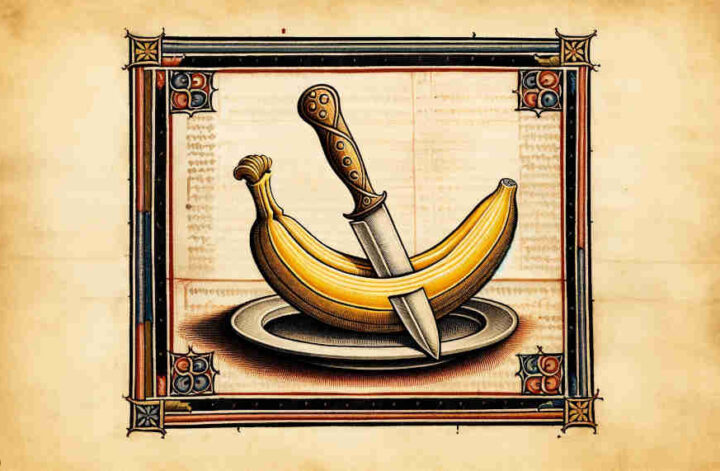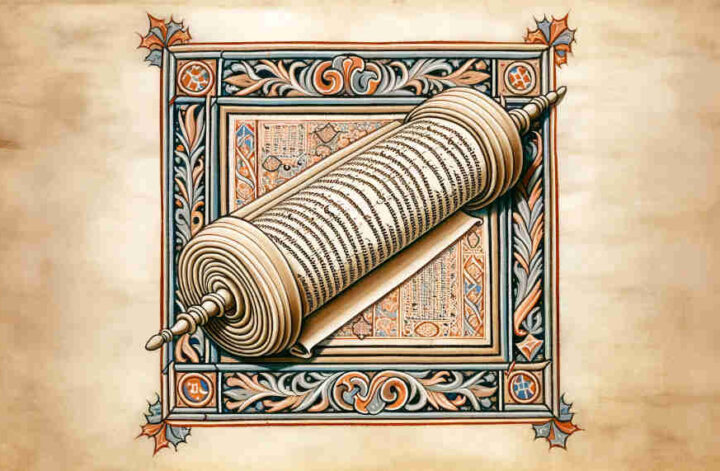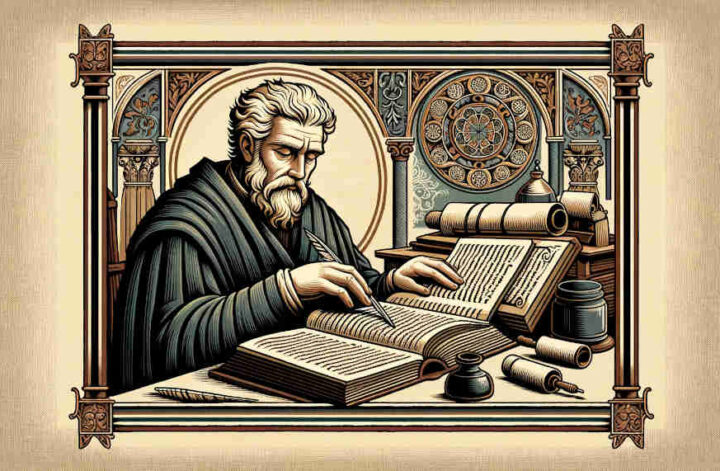Question from a reader:
From: Tom
Subject: Inquiry about Conversion Requirements in Reform Judaism
Dear Rabbi Joshua,
I hope this message finds you well. I am deeply interested in converting to Judaism and have been particularly drawn to Reform Judaism because of its progressive and inclusive approach. However, I am a bit unclear about certain aspects of the conversion process, especially regarding circumcision. Could you please clarify whether circumcision is a requirement for male converts in Reform Judaism? I appreciate your guidance on this matter.
Thank you and Shalom,
Tom
Answer: Understanding Circumcision in Reform Judaism’s Conversion Process
Dear Tom,
Shalom and thank you for your thoughtful question. It’s heartening to hear about your journey towards Judaism, and I’m glad to offer some guidance on this important aspect of conversion, specifically within the context of Reform Judaism.
In traditional Jewish law, known as Halacha, circumcision (brit milah) is a fundamental covenant between the Jewish people and God. This practice dates back to the covenant made with Abraham as described in the Torah. For a male convert, undergoing circumcision is seen as a physical symbol of entering this covenant and, therefore, has traditionally been a requisite part of the conversion process in Orthodox and Conservative Judaism.
However, Reform Judaism, known for its progressive interpretations and adaptability to modern contexts, approaches this aspect with a different perspective. In Reform Judaism, the emphasis is often placed more on the spiritual and communal aspects of conversion rather than strictly adhering to all traditional rituals.
Regarding circumcision, the Central Conference of American Rabbis (CCAR), which is a principal body in Reform Judaism, has adopted a more flexible stance. While circumcision is encouraged as a significant and meaningful ritual, it is not strictly mandated for conversion in all cases. This flexibility is in line with Reform Judaism’s broader approach of individual choice and inclusion.
However, it’s important to note that practices can vary between different Reform communities and rabbis. Some Reform rabbis may consider circumcision an essential part of the conversion process, while others may not. It is therefore crucial to discuss this with the rabbi or the rabbinical court (beit din) overseeing your conversion process. They will provide guidance tailored to your personal journey and their interpretation of Reform Jewish principles.
Ultimately, the decision about whether to undergo circumcision as part of your conversion to Reform Judaism should be made after thoughtful consideration and discussion with your rabbinic counsel. It’s a deeply personal decision, and what’s most important is your commitment to embracing the Jewish faith and its values.
I wish you a meaningful and enriching journey towards Judaism. If you have any more questions or need further guidance, please feel free to reach out.
B’shalom (With peace),
Rabbi Joshua


